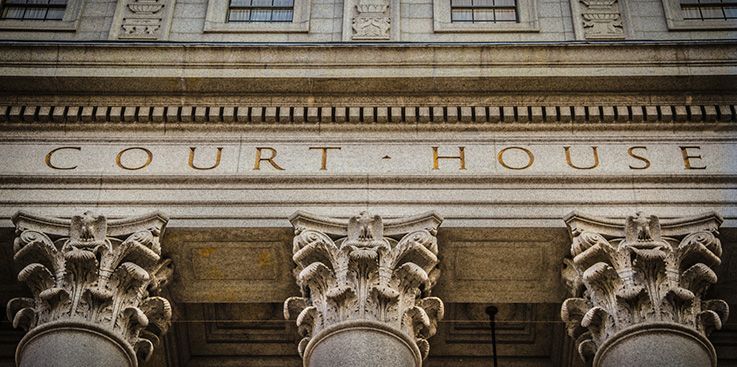Have you ever heard of a “blue law”? The term was first used back in 1755. It is legislation that prohibits or restricts certain activities in order to support religious standards. In rare instances, blue laws affect activities on days other than Sunday, but the most common use is in reference to Sunday, in which case they are also known as “Sunday laws.”
The Puritans were probably the first to enforce Sunday laws on the North American continent, banning many commercial and recreational activities on Sundays during the 1600s.
Colonial America observed Sunday as a day of rest in the 18th century as well, and established laws governing its observance. These laws carried over as the new country was formed. Within 12 years of the framing of the constitution, many states had Sunday laws in effect that outlawed working, traveling, and selling goods on that day. Soon laws were added to prohibit the selling of alcoholic beverages on Sundays.
Although it might be difficult for us to imagine, in many parts of the United States during the 18th and 19th centuries, people were regularly arrested for breaking the “Sabbath.” This usually came as a result of conducting business on Sunday. These “criminals” were often fined or forced to serve a jail sentence. Well-meaning Christian societies were formed to help enforce these laws.
What About Blue Laws Today?
Since that time, as our culture has grown more secular, Sunday laws have lost popularity and have faced opposition, and hundreds of Sunday laws in various states have been repealed, yet many of them still exist. Often, when challenged, they are upheld as constitutional because there is a supposed secular, as well as religious, purpose behind them.
So what’s wrong with Sunday laws? First of all, there is no support for Sunday worship in any part of the Bible. Instead, Scripture is clear that the seventh day is the Sabbath, not Sunday or any other day.
Additionally, considering our diverse society and our multitudes of citizens that do not worship on Sunday, in many ways Sunday laws now infringe on conscience and trample upon the religious liberty guaranteed by our constitution. Allowing these laws to persist sets a dangerous precedent by tampering with the essential division between church and state.
We know from the Bible book of Revelation that in the end times, millions of people will receive the soul-destroying “mark of the beast” because of laws that involve forced worship and a false Sabbath. These laws will become increasingly persuasive and violent and will attempt to rob humans of their conscience. Those who resist will eventually be threatened with death (see Revelation 13:15).
According to Revelation 12:17, those who remain true to the Creator will “keep the commandments of God” and that includes the fourth commandment, which spotlights the importance of the seventh day. These faithful ones will honor God by keeping His genuine Sabbath holy.

